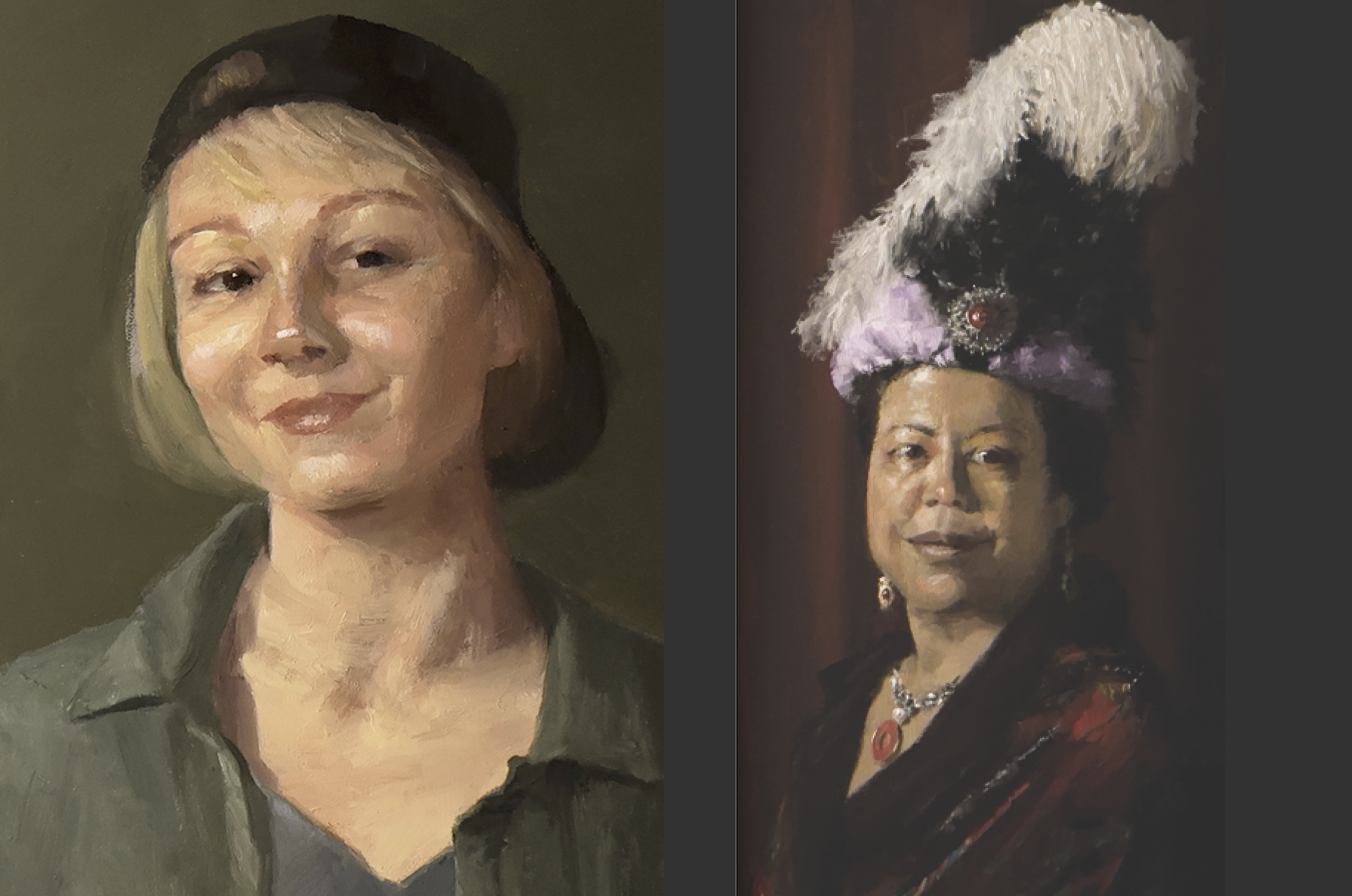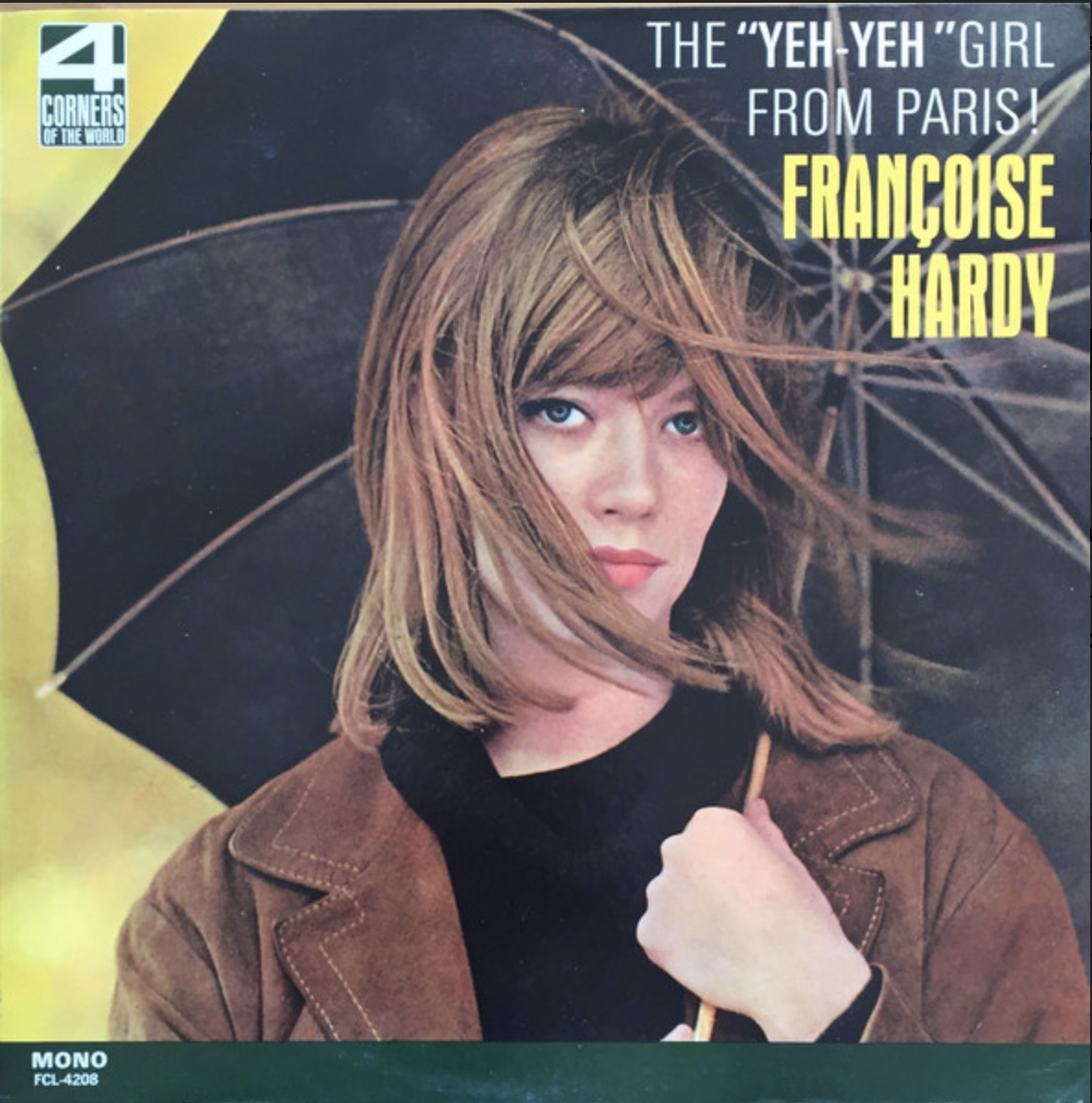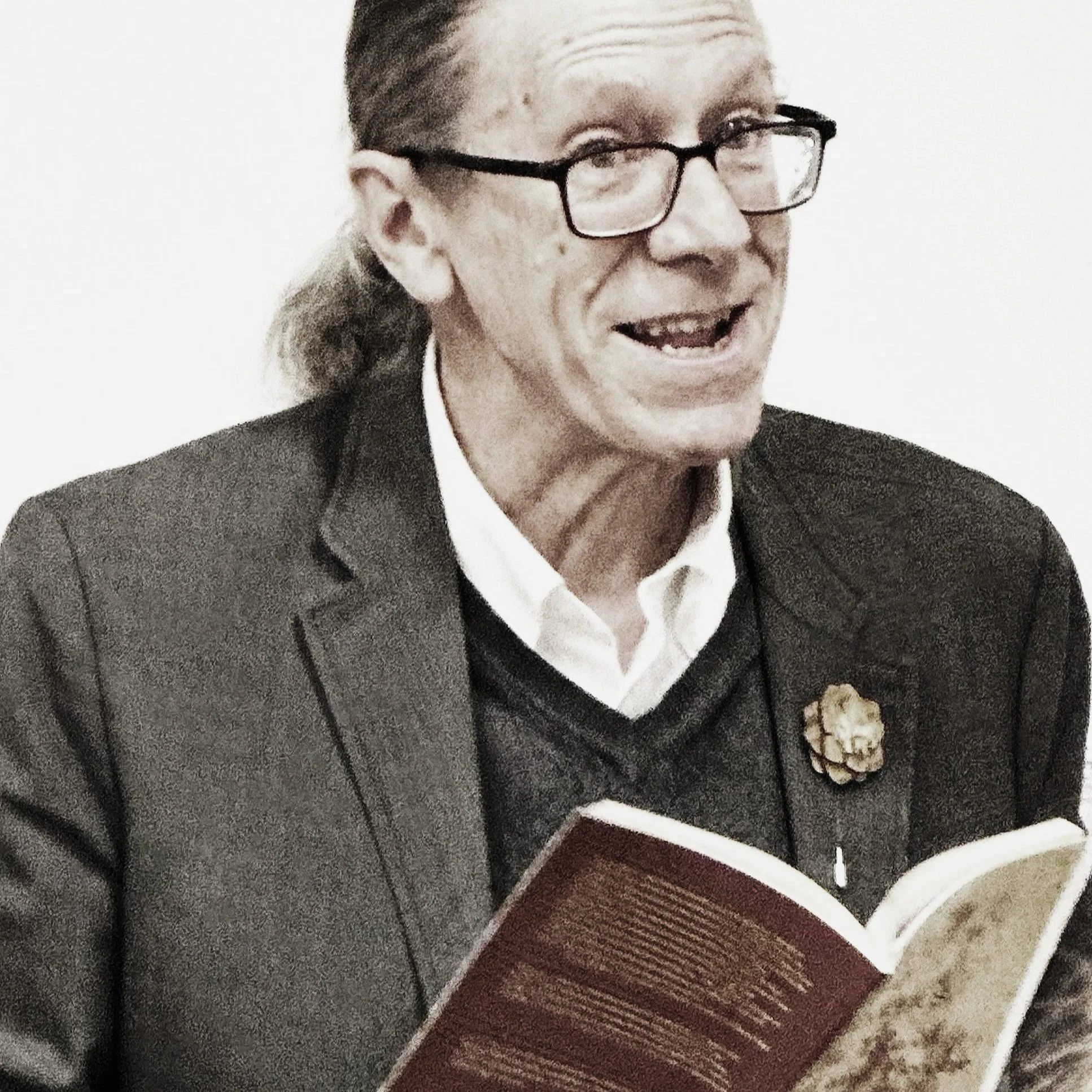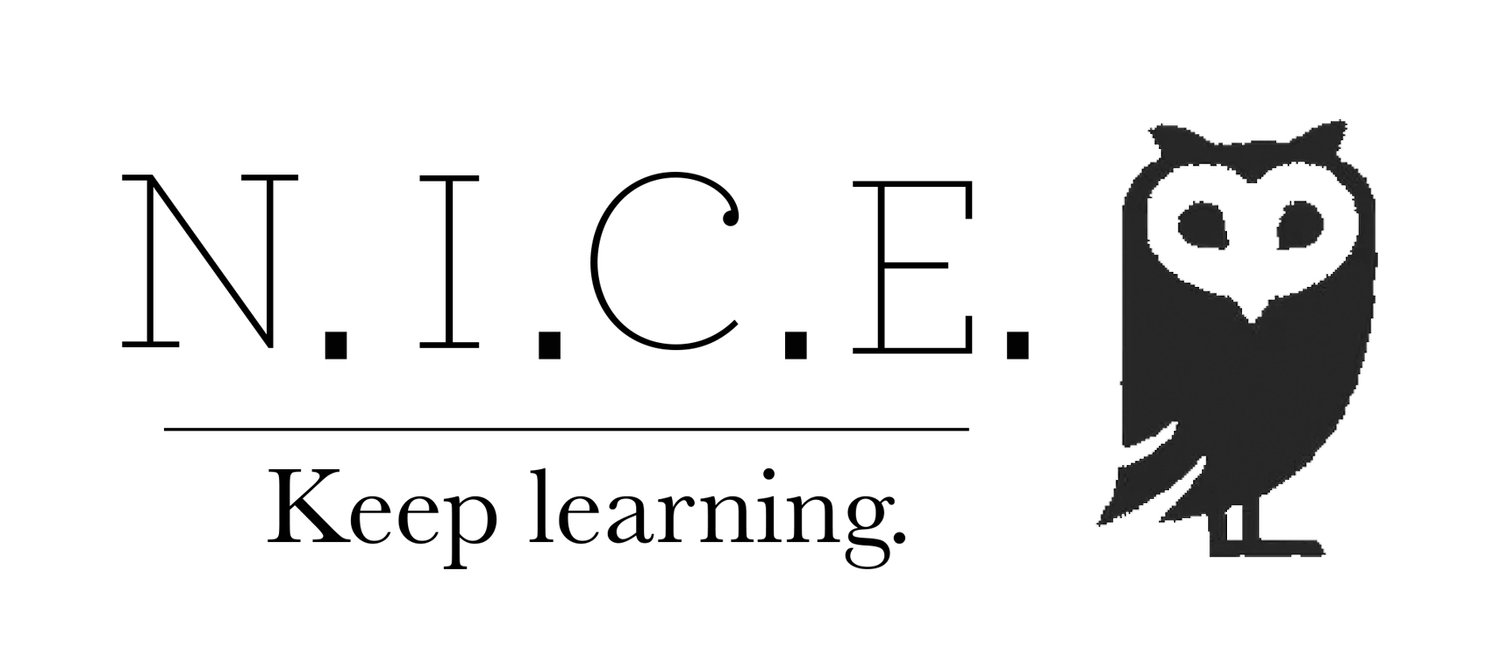Lectures and Courses


Open Portrait Painting Demonstration, presented by Matt Miller
“Come join us as I paint a live portrait from scratch. I will be demonstrating how to position your model with light, color, and artistic rhythms in mind. I’ll be discussing and answering questions about what I’m doing and why as I demonstrate, with my limited palette, how to handle color, shadow, depth, geometry, skin tone, and much more.”
Matt Miller’s works have been presented at many places, including the Oil Painters of America, the Portrait Society of America, the National Oil and Acrylic Painter’s Society, and the International Guild of Realism. Matt is a Master Artist at the Boston Copley Society of Art and co-founder and teacher at the online academy Epiphany Fine Art. He currently paints and teaches out of his studio in Norton.
This demonstration is open to the public at no charge, and no registration is necessary.
Revolutions and Banana Wars: US Intervention in Latin America from the Monroe Doctrine to the Cold War (Paolo DiGregorio)
For the last 200 years, the United States has had a complex, often controversial, relationship with our southern neighbors. Recent events in South America and the Caribbean illustrate that the story of this relationship is still unfolding. This talk examines the history of US involvement in the Americas, and the politics, economics, and ideologies that shaped the story.
G. A. Di Gregorio is a popular and entertaining lecturer who illuminates the stories of our past. His experiences as a professor, archaeologist, and park ranger provide a rich and diverse background for his historical explorations. He is currently a Visiting Lecturer in History at Bridgewater State University.
This lecture is free and open to the public. No preregistration is needed.


“This Royal Throne of Kings: English Monarchs from the Norman Conquest to the 21st Century (lesson 2) presented by Paolo DiGregorio
Many of us in the U.S have a fascination with English royalty. Yet few of us know the long, complex, dramatic history of the English throne. This series will tell the story of the monarchy from the 11th century to the present.
Click here to register.

“This Royal Throne of Kings: English Monarchs from the Norman Conquest to the 21st Century (lesson 1) presented by Paolo DiGregorio
Many of us in the US have a fascination with English royalty. Yet few of us know the long, complex, dramatic history of the English throne. This series will tell the story of the monarchy from the 11th century to the present.
The course will meet on four consecutive Fridays, beginning with 9 January 2026.
Click here to register.

War on the Home Front: Three Local Families Experience the American Revolution (part 2) lecture by Bill Hanna, President, Old Colony History Museum
An itinerant 18th-century artist's rendition of Taunton Green during the Revolutionary Period, reproduction courtesy of Old Colony History Museum, Taunton, MA.
Scholars of the Revolutionary period note that while Robert Treat Paine gained fame and a place in history for his service to the Patriot cause, his friends and neighbors, Daniel Leonard and Dr. William McKinstry, suffered greatly for their loyalty to the Crown. Little has been done, however, to examine how wartime disrupted the lives of the wives and children on both sides of the conflict. In these two lectures, Dr. William Hanna will describe life on the home front as experienced by the Paine, Leonard and McKinstry families.
This is the second of two lectures, free and open to the public. No registration is required.

War on the Home Front: Three Local Families Experience the American Revolution (part 1) lecture by Bill Hanna, President, Old Colony History Museum
An itinerant 18th-century artist's rendition of Taunton Green during the Revolutionary Period, reproduction courtesy of Old Colony History Museum, Taunton, MA.
Scholars of the Revolutionary period note that while Robert Treat Paine gained fame and a place in history for his service to the Patriot cause, his friends and neighbors, Daniel Leonard and Dr. William McKinstry, suffered greatly for their loyalty to the Crown. Little has been done, however, to examine how wartime disrupted the lives of the wives and children on both sides of the conflict. In these two lectures, Dr. William Hanna will describe life on the home front as experienced by the Paine, Leonard and McKinstry families.
These lectures are free and open to the public. No registration is required. You may attend either or both: the second is 19 November at the same place and time.

Medieval Cathedrals as Architectural Marvels: How Did They Stand Up? Did They Fall Down? If so, Why and When? (Professor Evelyn Staudinger)
Few are surprised by modern society’s obsession with constructing the “tallest building in the world.” This lecture will show that a similar competitive spirit drove builders and patrons in the Medieval World, while exploring the questions “Why?” and “How?” Without computers, structural engineers, or an array of specialized machinery and materials, what led 12th -and 13th -century Master Masons to produce architectural wonders using a plumb bob, compass, level, square, and rule? (N.b. Modern technology and the intersection of Art and Science will play a role in this lecture via a hands-on activity elucidating why Gothic Cathedrals, on rare occasions, fell down!)
This lecture is free, but registration is required: go here

Human Learning & Memory: An Introduction (Professor Kathy Morgan)
How do people and other animals learn? Is it true that you cannot teach an old dog new tricks? What is memory, and how can we make it better? How good is eyewitness testimony? In this course, you will learn some of the fundamentals of what psychologists know about learning and memory, and we will strive to answer some of these questions along the way. This will be done through a combination of some "hands-on" activities, in-class demonstrations, and lectures. We will practice what we learn about learning and remembering on one another, as well as on some guest animals that visit our class. Finally and weather-permitting, we will travel on a weekend to a nearby animal rescue to practice some of what we have been learning about the applied uses of training.
This course will meet Tuesdays from 7 October to 18 November, but not on 14 October.
Registration is required: go here

Plays, Riots, Revolutions: A history of the role of Irish literature in the Irish Rebellion (Professor James Byrne) —week five
In one of his last poems, W. B. Yeats, looking back on his life, asks “Did that play of mine send out / Certain men the English shot?” On the brink of death, he realized that Irish literature may have paved the bloody road to rebellion in 1916. This five-lecture series will take Yeats at his word and investigate the role literature – principally Irish drama – played in fomenting the spirit of Irish nationalism that resulted in the Irish rebellion of 1916. Examining the early poetry of W. B. Yeats and the plays of W. B. Yeats, J. M. Synge and Sean O’Casey, we will look at how this literature crafted (and critiqued) an Irish cultural nationalism that demanded physical realization through violence and ultimately sacrifice.
This course meets each Friday from 5 September through 3 October, from noon until 1:20.
Registration is required: go here

Plays, Riots, Revolutions: A history of the role of Irish literature in the Irish Rebellion (Professor James Byrne) —week four
In one of his last poems, W. B. Yeats, looking back on his life, asks “Did that play of mine send out / Certain men the English shot?” On the brink of death, he realized that Irish literature may have paved the bloody road to rebellion in 1916. This five-lecture series will take Yeats at his word and investigate the role literature – principally Irish drama – played in fomenting the spirit of Irish nationalism that resulted in the Irish rebellion of 1916. Examining the early poetry of W. B. Yeats and the plays of W. B. Yeats, J. M. Synge and Sean O’Casey, we will look at how this literature crafted (and critiqued) an Irish cultural nationalism that demanded physical realization through violence and ultimately sacrifice.
This course meets each Friday from 5 September through 3 October, from noon until 1:20.
Registration is required: go here

Plays, Riots, Revolutions: A history of the role of Irish literature in the Irish Rebellion (Professor James Byrne) —week three
In one of his last poems, W. B. Yeats, looking back on his life, asks “Did that play of mine send out / Certain men the English shot?” On the brink of death, he realized that Irish literature may have paved the bloody road to rebellion in 1916. This five-lecture series will take Yeats at his word and investigate the role literature – principally Irish drama – played in fomenting the spirit of Irish nationalism that resulted in the Irish rebellion of 1916. Examining the early poetry of W. B. Yeats and the plays of W. B. Yeats, J. M. Synge and Sean O’Casey, we will look at how this literature crafted (and critiqued) an Irish cultural nationalism that demanded physical realization through violence and ultimately sacrifice.
This course meets each Friday from 5 September through 3 October, from noon until 1:20.
Registration is required: go here

Line Work: Trajectories and Connections in Open Space (Professor Kelly Goff)
Wheaton College professor and visual artist Kelly Goff will discuss his recent public sculptures, tracing their development by drawing metaphorical lines to his childhood in the Caribbean. He will connect dots across the globe through projects developed in the Amazon, the Himalayas, and even a remote island in the Indian Ocean. As a professor teaching the practice of public art, Goff will offer reflections on the discipline and the possibilities of public art broadly.
This lecture is free, but registration is required: go here

Plays, Riots, Revolutions: A history of the role of Irish literature in the Irish Rebellion (Professor James Byrne) -week two
In one of his last poems, W. B. Yeats, looking back on his life, asks “Did that play of mine send out / Certain men the English shot?” On the brink of death, he realized that Irish literature may have paved the bloody road to rebellion in 1916. This five-lecture series will take Yeats at his word and investigate the role literature – principally Irish drama – played in fomenting the spirit of Irish nationalism that resulted in the Irish rebellion of 1916. Examining the early poetry of W. B. Yeats and the plays of W. B. Yeats, J. M. Synge and Sean O’Casey, we will look at how this literature crafted (and critiqued) an Irish cultural nationalism that demanded physical realization through violence and ultimately sacrifice.
This course meets each Friday from 5 September through 3 October, from noon until 1:20.
Registration is required: go here

Lecture: Song 'Adaptations' and the Globalization of Pop in France, 1960-1970
Professor Kirk Anderson will discuss the dialogue between French and Anglo-Saxon popular music in the 1960s.
Course: Glitter and Be Gay: Operetta in America
With Professor Ann Sears. This course will meet on March 7, 14, 21, 28 and April 4, 11.

PAST EVENT: Gershwin’s “Rhapody in Blue”: Celebrating the Centennial Year of a Masterpiece
Gershwin’s “Rhapsody in Blue: Celebrating the Centennial Year of a Masterpiece.”




